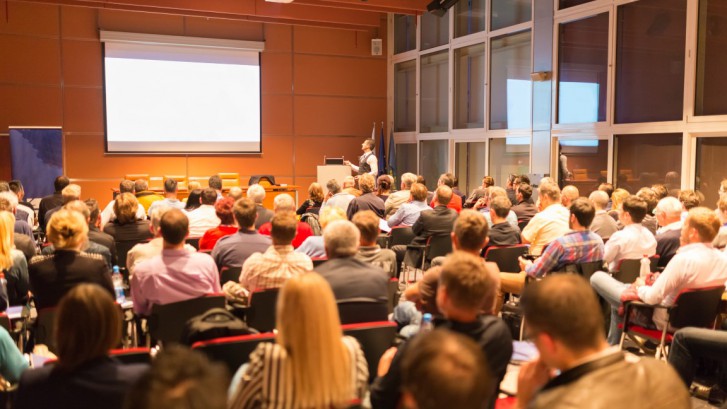Discussion with Jean Daviot
Presentation
Alumni of the art school of the Villa Arson in Nice, Jean Daviot uses video, photography and painting. In 1984, he created a fictional character: the artist Walter Pinkrops. In 1994, he produced “Ombrographies” taking impressions of faces and hands in photocopy – traces that he transfers to the canvas. In the 90s and 2000, in the same spirit of seeking recordings of presences, he identifies the contours of visitors of his studio and paints them in simultaneous contrasts (series of Visitors). Since 1995, he creates digital paintings “Ecritures de lumières”, where he uses a video camera as a brush.

